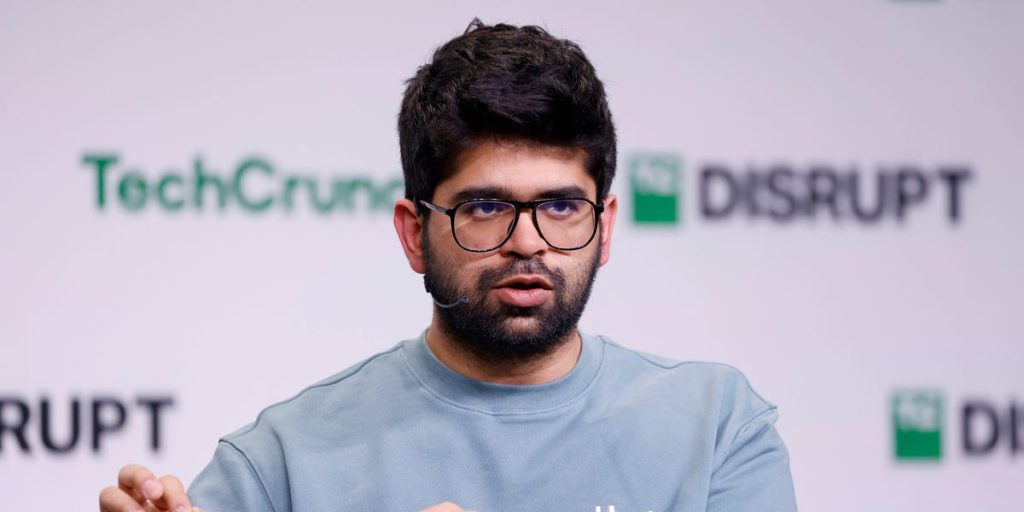Perplexity’s CEO said Google needs to rethink its stance in the AI browser wars.
In a Reddit “Ask Me Anything” on Wednesday, Aravind Srinivas said Google’s business model is at odds with the rise of AI agents — the kind that power AI-native browsers like Comet, Perplexity’s new product.
Google’s core business relies on showing people ads and charging advertisers when users click. But AI agents that are built into web browsers can now browse, compare, and even make decisions on a user’s behalf. That means fewer human eyeballs on ads and fewer clicks to sell.
“They have business model constraints on letting agents do the clicks and work for you while continuing to charge advertisers enormous money to keep bidding for clicks and conversions,” Srinivas wrote.
While Google has been testing agent-like tools, Srinivas said the tech giant is constrained by its need to protect ad revenue.
“At some point, they need to embrace one path and suffer, in order to come out stronger; rather than hedging and playing both ways,” he wrote.
Srinivas also criticized Google’s internal structure. “It’s a giant bureaucratic organization,” he wrote, with “too many decision makers and disjoint teams.”
Alphabet, Google’s parent company, has about 183,300 employees and generated about $350 billion in total revenue last year, according to its annual report. Google Search’s division brought in about $198.1 billion, fueled by growth in user adoption and advertiser spending.
In contrast, Comet’s product lead, Leonid Persiantsev, wrote in the Reddit forum that the team is intentionally kept small “to stay nimble and fast.”
Srinivas acknowledged that Comet wouldn’t exist without Chromium, the open-source browser project maintained by Google. But he said that Perplexity is betting on a different vision: one in which agents work on behalf of users, not advertisers.
“We underestimated people’s willingness to pay,” Srinivas said in response to a question about Perplexity’s shift away from ads.
“We also want to bring a change to this world. Enough of the monopoly of Google.”
Comet is only available by invitation and limited to users on Perplexity’s highest-tier plan, which costs $200 a month or $2,000 a year. The company said it will roll out a free version of the browser.
Related stories
Perplexity and Google did not respond to a request for comment from Business Insider.
Tech giants ‘copy anything that’s good’
Srinivas said on Wednesday he expects Google to “pay close attention” and eventually copy or adopt features from Comet.
He pointed to Google’s internal effort, Project Mariner, which is “similar but quite limited” compared to Comet.
At a Y Combinator event in June, Srinivas said bigger companies will “copy anything that’s good.”
“If your company is something that can make revenue on the scale of hundreds of millions of dollars or potentially billions of dollars, you should always assume that a model company will copy it,” Srinivas said in a conversation that was uploaded to YC’s YouTube channel on Friday.
Perplexity’s head of communications, Jesse Dwyer, wrote in a follow-up statement to Business Insider that bigger companies will not only copy, but also “do everything they can to drown your voice.”
Perplexity launched its Comet browser on July 9. Later that day, Reuters reported that OpenAI was working on a web browser that would challenge Google Chrome.
“Browser wars should be won by users, and if users lose Browser War III, it will be from a familiar playbook: monopolistic behavior by an ‘everything company’ forcing its product on the market,” Dwyer wrote.
OpenAI did not respond to a request for comment on Perplexity’s remarks.


